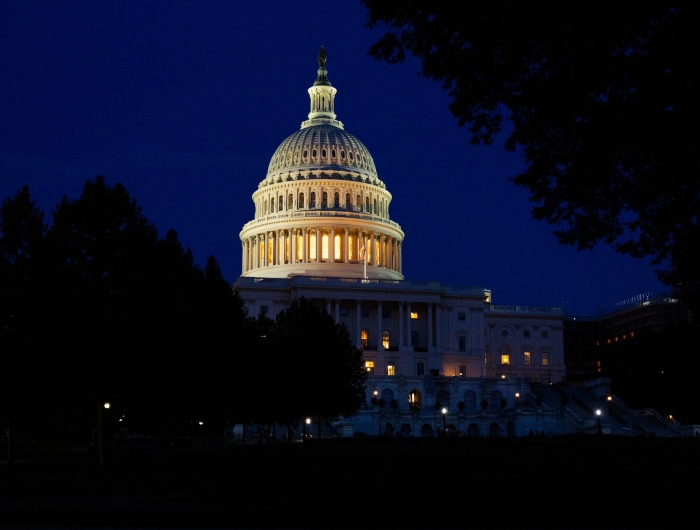Senate turns its back on the world’s poor

Darren Halstead - unsplash.com.
Beyond the Curve: Dr. Peter Lurie's COVID-19 blog
An impasse in the President’s COVID-19 spending bill may have been overcome with a Senate deal to divert $10 billion from already-funded programs to buying more tests, vaccines and therapeutic drugs to fight COVID-19 at home. The funds would also pay for developing new drugs and increasing vaccine manufacturing capacity.
However, the Senate demurred on providing any aid to help poorer countries vaccinate their citizens, in effect turning our backs on people who need COVID-19 aid the most. It’s a terrible idea that is likely to backfire on our own country.
This pandemic is not over (viz. case rates creeping up in New York City). An average of 60,000 people in the world still die each week from COVID-19. Only about 13 percent of those in poorer countries have been vaccinated, compared with an average of 70 percent of the residents in wealthier countries.
Most of the $5 billion in international aid that the Biden administration proposes (and which Senate Republicans are resisting) would provide vaccines to other countries to help increase these dismal global vaccination rates. It would also help vulnerable populations in these countries with therapeutics, personal protective equipment, and oxygen. But the Senate has been unable to agree on how to pay for it.
Sadly, it’s not only unvaccinated people overseas who will suffer from a failure of Congress to act. Where the coronavirus is free to infect, reproduce, and mutate, dangerous variants are more likely to emerge. As we have learned to our sorrow, these variants will inevitably reach our shores (remember that omicron was first identified in South Africa). “There’s no wall that you can build high enough to keep out a virus,” President Biden said.
Senate Democrats vow not to give up on international aid to help more people in the world get vaccinated. Let’s hope it doesn’t take another vicious surge of the coronavirus here to finally convince Congress that this effort is critical.
Tags
Topics

